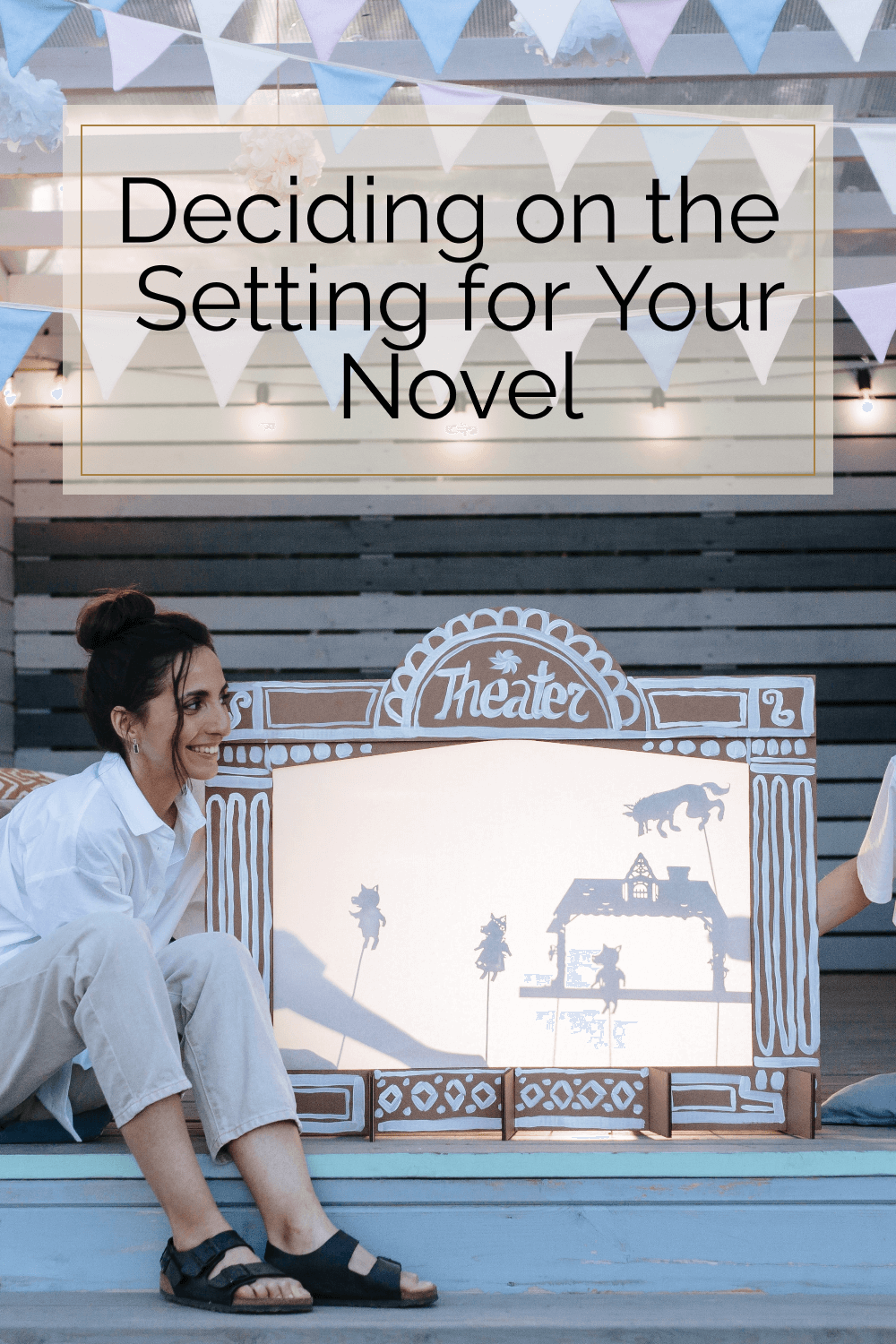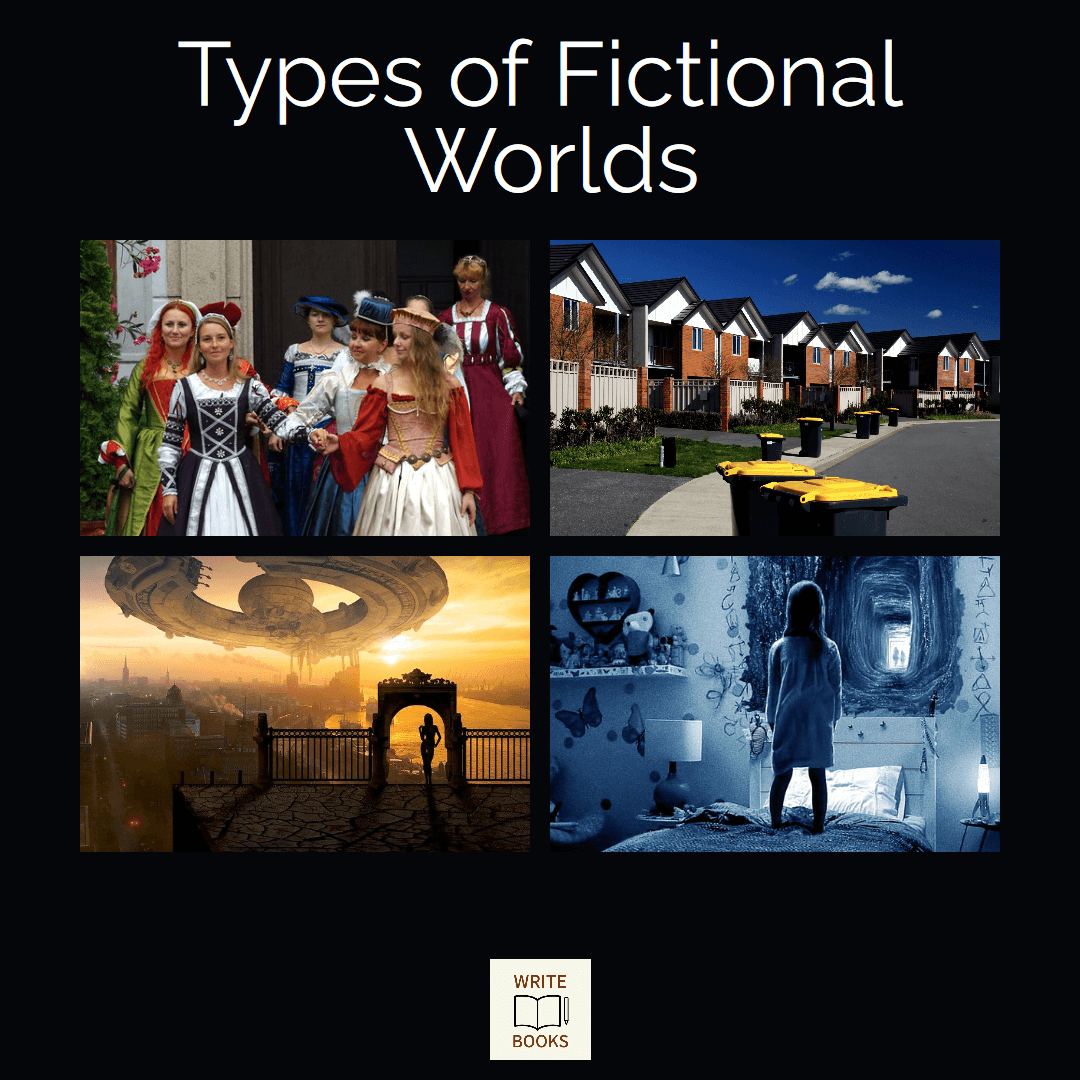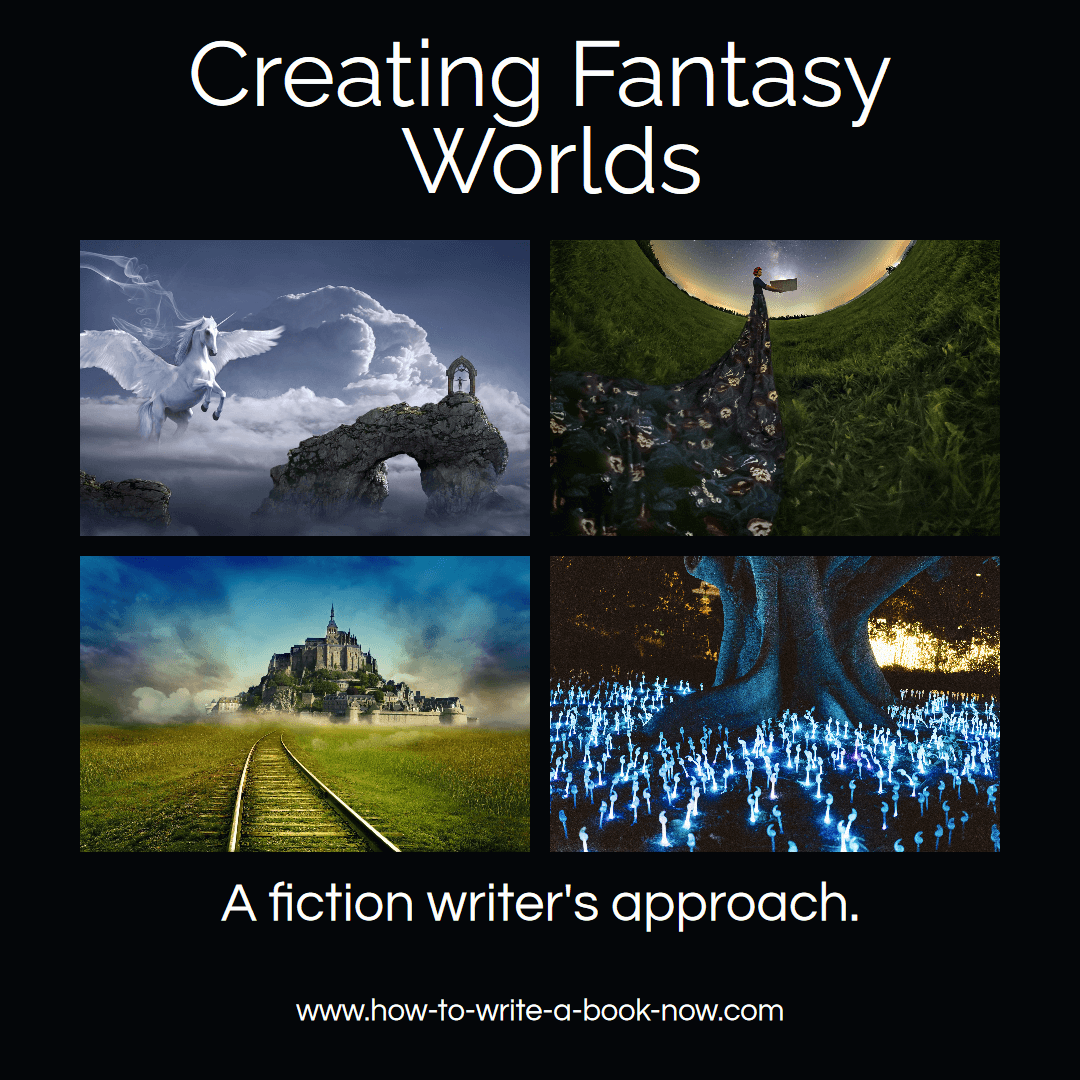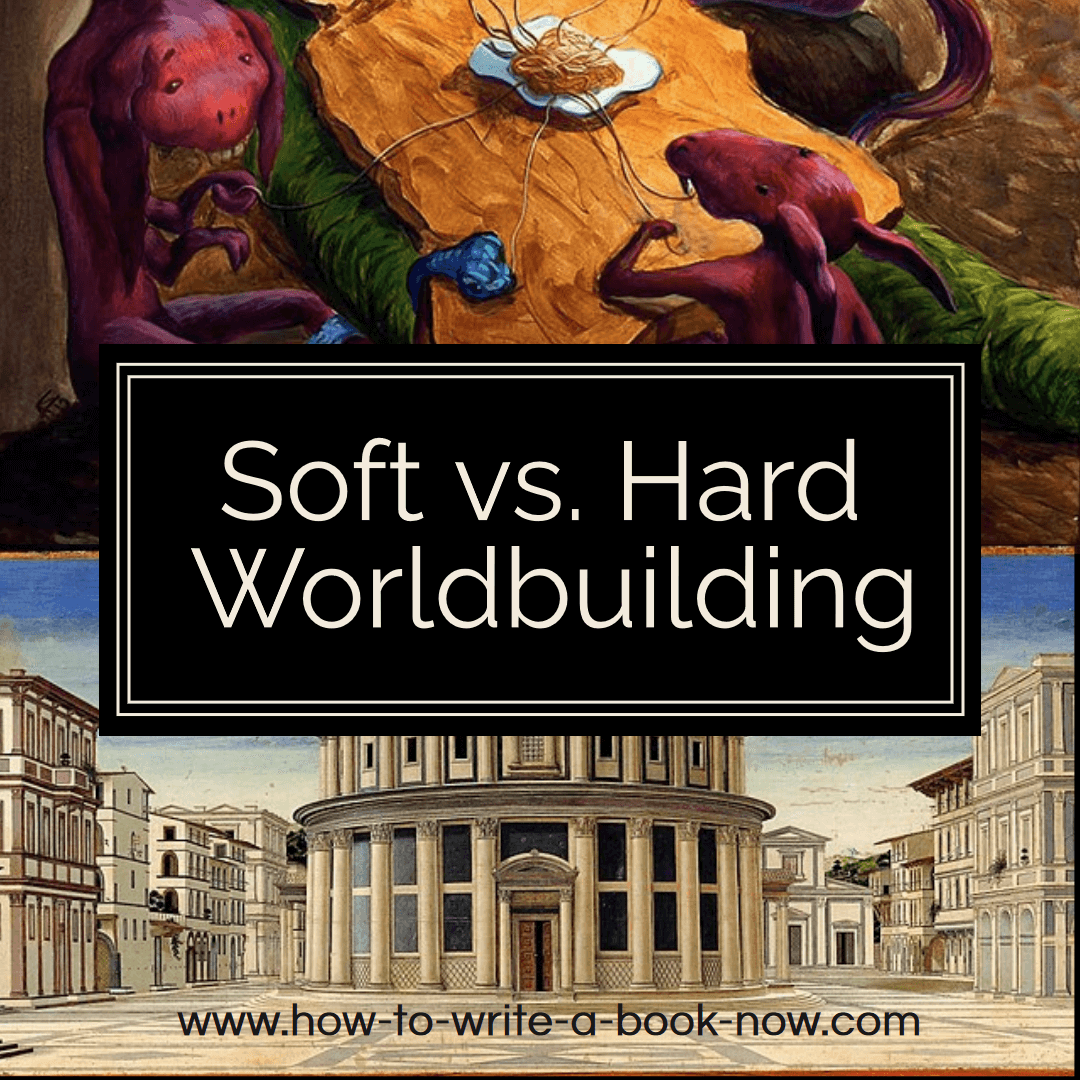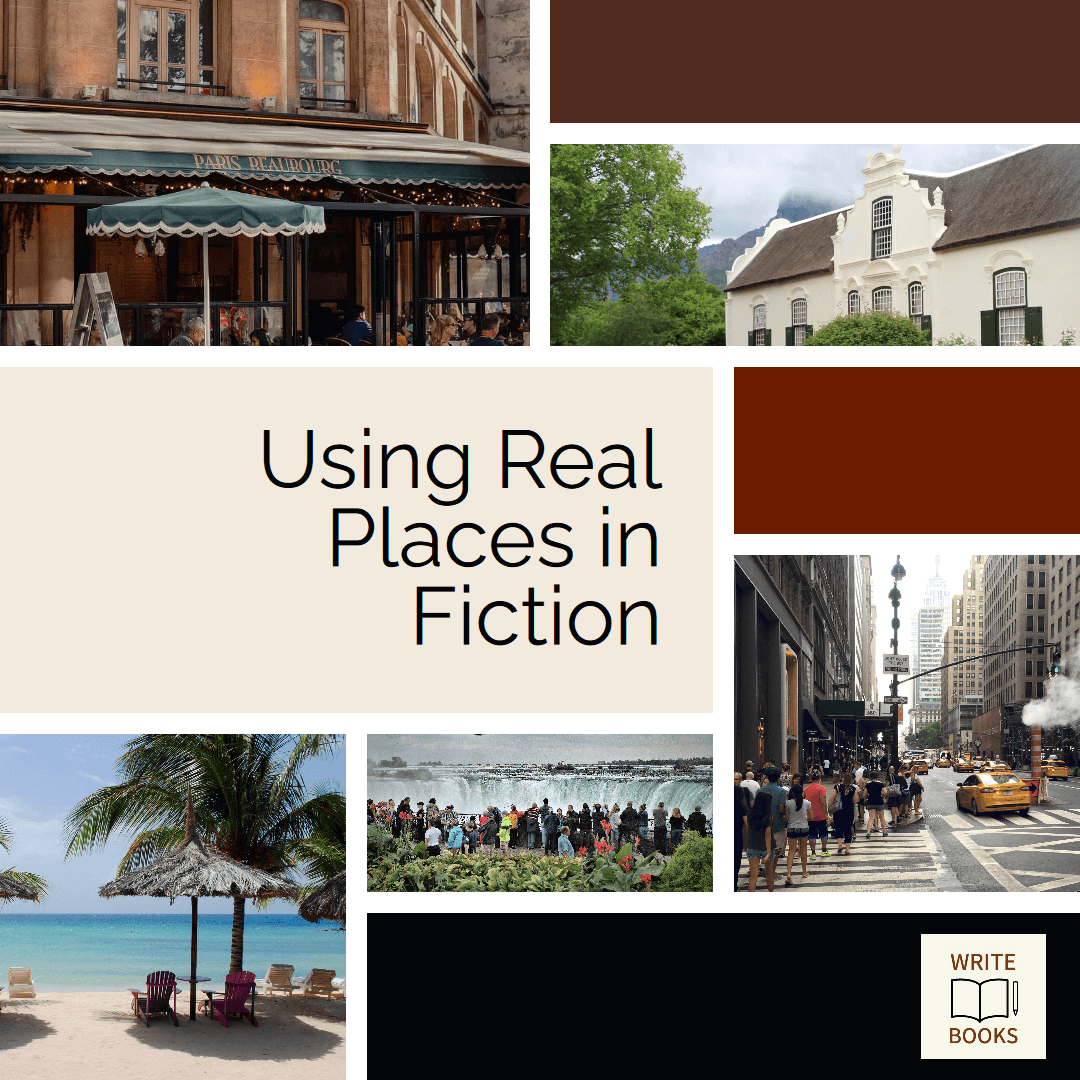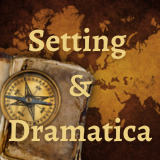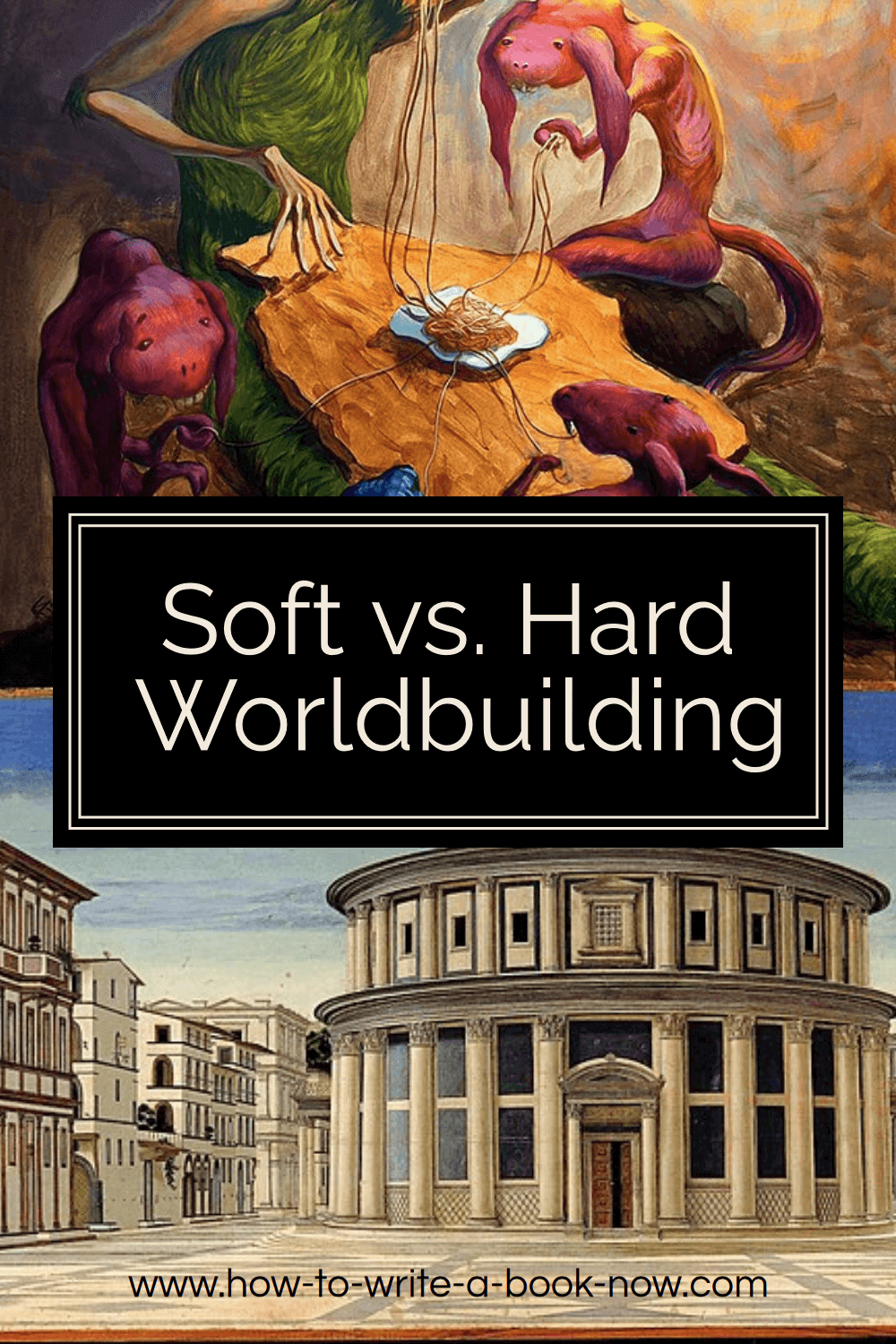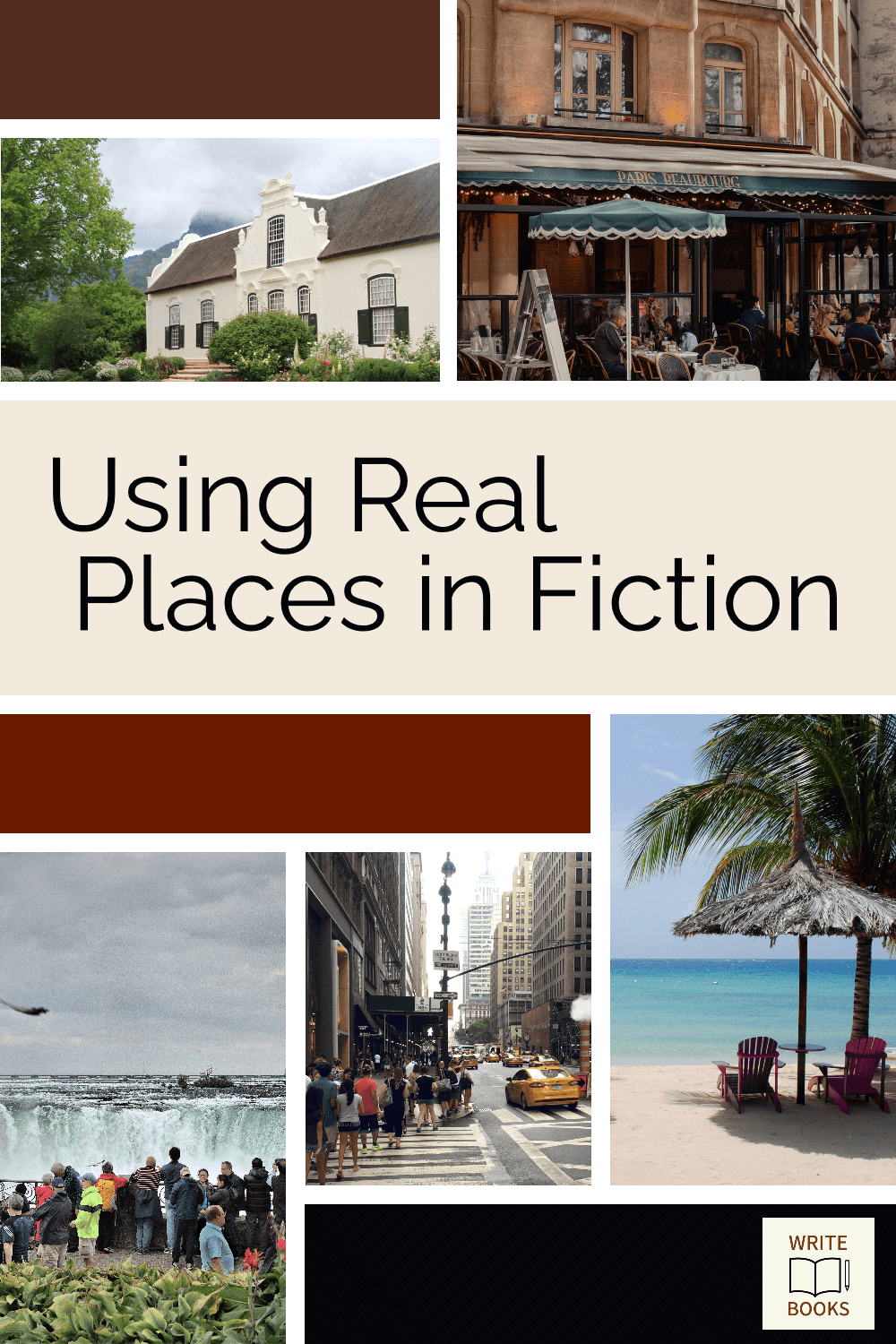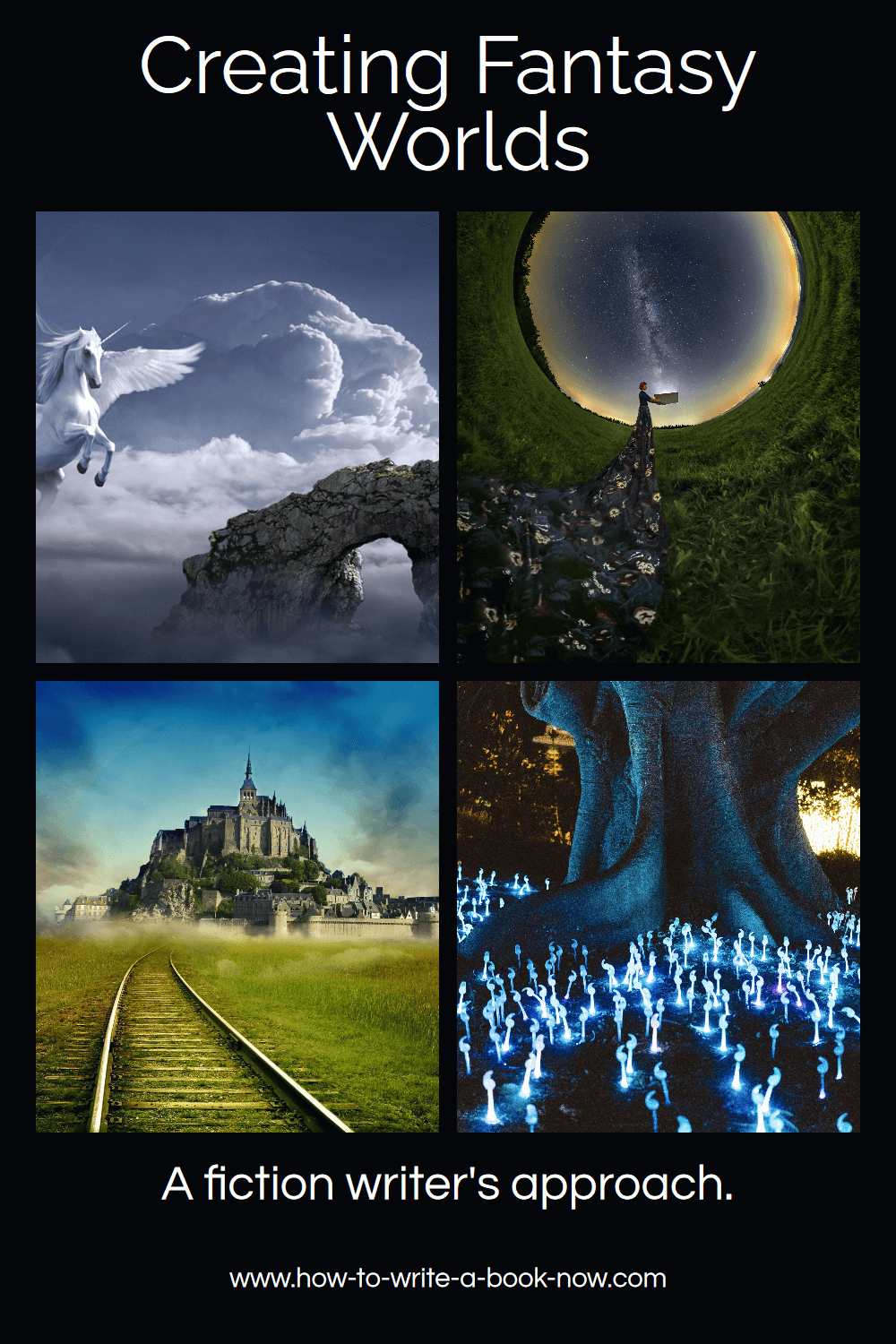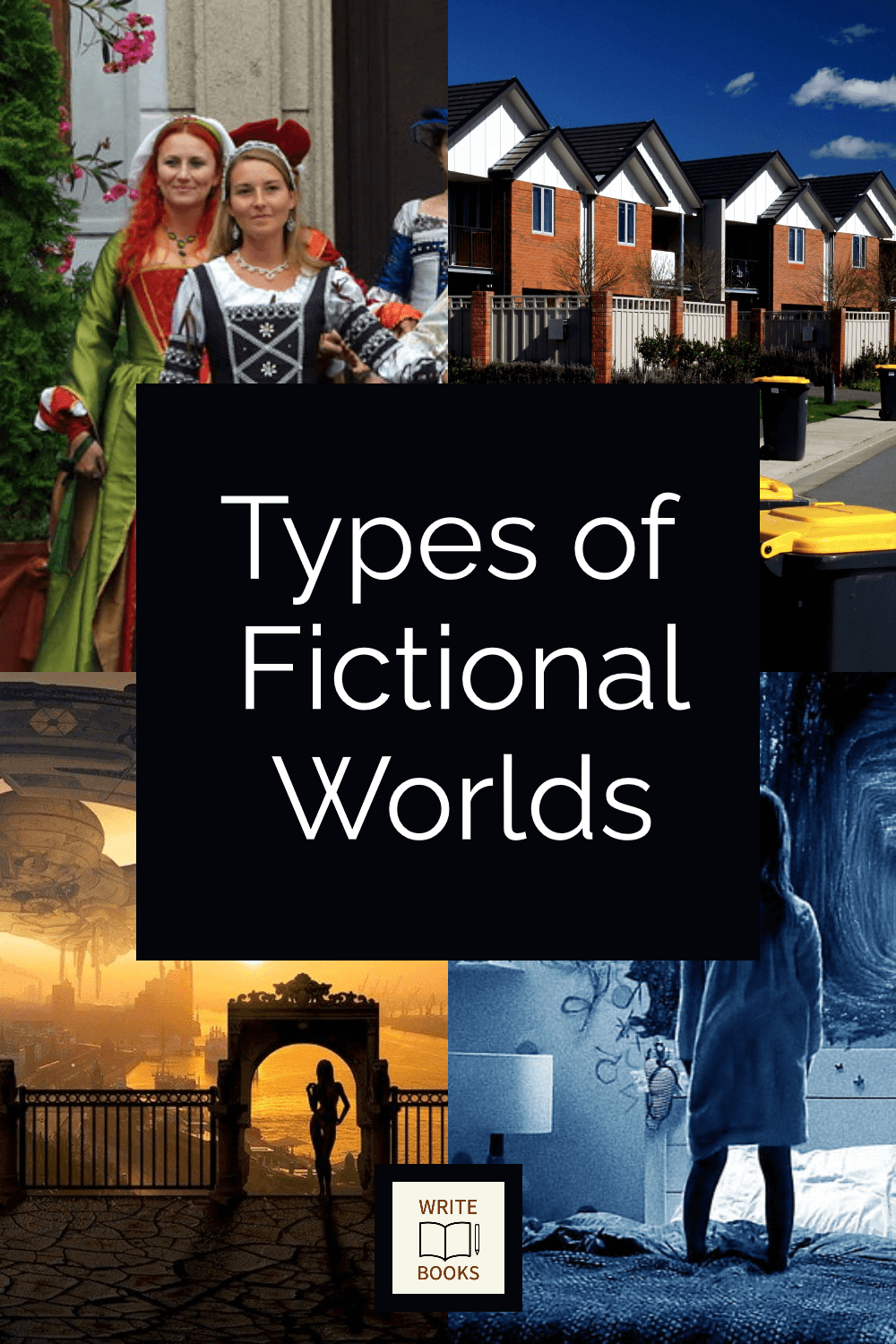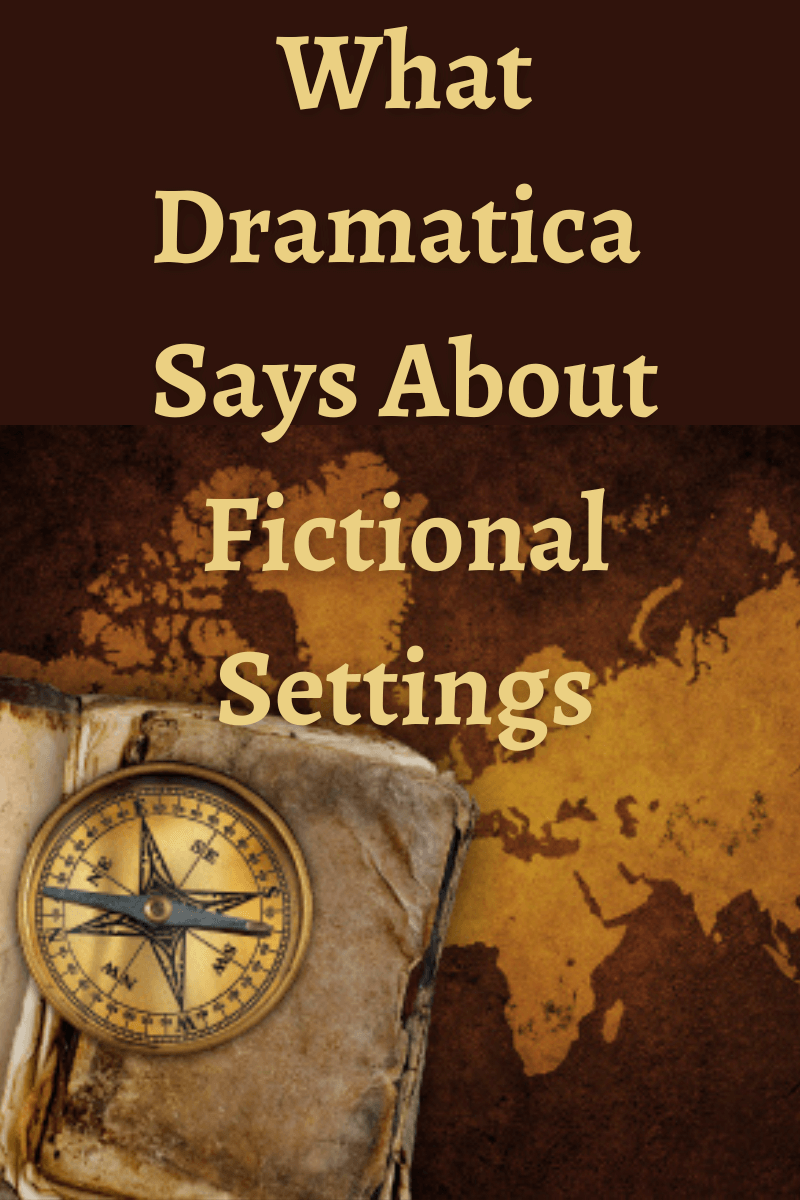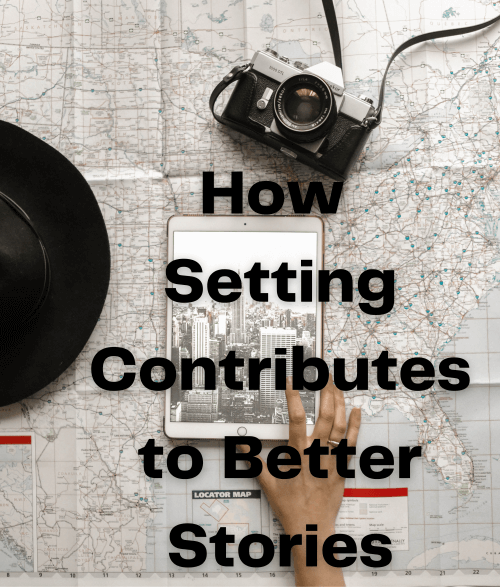Choosing the Setting of a Novel You're Writing
By Glen C. Strathy
For some writers, the setting of a novel is almost a character in itself. The setting affects the plot and the characters in important ways, to the point that the story could not possibly take place anywhere else. The setting is a special place, far outside the experience of most readers. For example, Stephen King's novel, The Shining, could not happen anywhere but the Overlook Hotel. JK Rowling's Harry Potter books could not take place anywhere but Hogwarts. The plot of James Dashner's novel, The Maze Runners, depends on the surrealistic setting of the maze.
Other writers will use a more generic setting, or one that feels familiar to the reader, putting the focus more on the characters than the world they inhabit.
When it comes to deciding on the setting of a novel, you have many different choices depending on the genre, your own interests, and the kind of story you want to tell.
But first, let's be clear what a "setting" is.
What is "Setting"?
Generally, the setting of a novel is composed of three elements:
1. Place
2. Time
3. Milieu
"Place" is obvious. Usually, it means a specific and distinct physical location on earth. (Bear in mind that you can write stories set elsewhere than on earth, but such locations will be places too.) Some novels take place entirely in a limited setting, such as a specific neighbourhood. In others, events happen at locations spread across the entire world.
"Time" can mean a specific date, but most novels unfold over a longer period of time -- months or years. Time can also refer more generally to a season (spring, summer) or an era when the story takes place, such as the Ming dynasty, the stone age, or the 31st century.
"Milieu" refers to the social environment in which a story takes place. For instance, any city or community will have any number of different milieux or smaller communities which can serve as the setting of a novel. Your novel might take place within one family, or a group of people who work together, socialize together, frequent a certain place, or belong to a particular club, class, etc.
The articles below will help you decide on the setting of a novel and provide tips on how to create an effective setting.
6 Ways the Setting of a Novel Contributes to Reader Engagement
Where you choose to set a story or a scene can have a big impact on the drama. Here are just a few points to consider.
6 Types of Fictional Worlds
Depending on what genre you are writing in, fictional worlds come in a number of types, from close approximations to the real world to fantasy worlds only that push the limits of your imagination.
Creating a Fantasy World: For Writers Who Hate Worldbuilding
Too often the process of creating a fantasy world that is a compelling and believable causes writers to postpone writing the actual story. Here's an approach that starts with story and stops you from spending too much time worldbuilding.
Soft vs Hard Worldbuilding
Writers may use either soft or hard worldbuilding approaches to creating the setting of a novel in the fantasy genre. Each approach reflects a different worldview and may appeal to different readers.
Using Real Places as Settings in Fiction
Tips and considerations to make when using a real world location as the settings of a novel.
Setting and Dramatica
Dramatica theory doesn't have a lot to say about setting, but here are some tips for Dramatica users on choosing the setting of a novel.
- Home
- Write a Novel
- Setting
